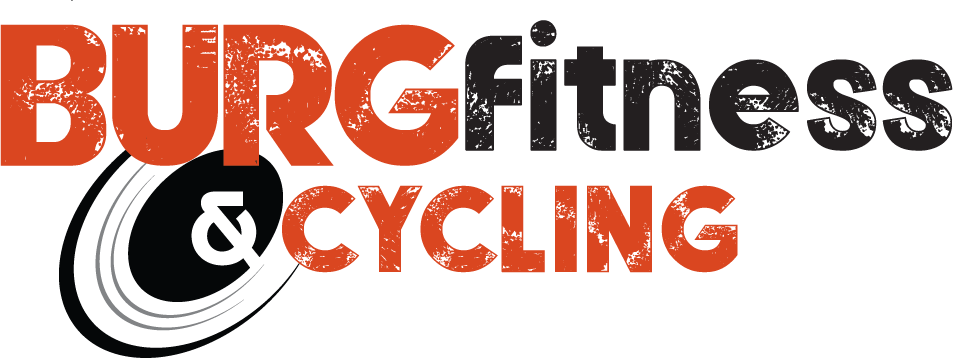If you haven't heard about the ketogenic (keto) diet, suffice it to say that it's all over the map nowadays, gaining popularity around the world for one simple reason: It works. As a "diet," per se, it's important to know that in this sense it is simply an approach to eating.
While we all have to eat, eating healthily, and making it possible for your family to do the same, is important to optimize your body and mind, and lowers your risk of such disorders as insulin resistance, metabolic syndrome and Type 2 diabetes. The simple explanation is that it calls for foods that are:
- High in healthy fats
- Moderate in proteins
- Low in net carbs (net carbs are defined as total carbs minus fiber)
Healthy fats burn more efficiently than carbohydrates. When glucose is the fuel consumed to gain energy, the result is insufficient mitochondrial support, leaving your body open to degenerative diseases. As your mitochondria start to deteriorate and malfunction, a major overhaul is required to restore them to proper function.
For those used to eating what's known as the Western diet, one way to characterize it is a failure to differentiate fats, such as equating olive oil and vegetable shortening (there's a vast dissimilarity) or choosing processed (aka trans fats) over whole foods.
An excess use of grains such as wheat and corn, which can be a major carb source, e.g., the slice (or two) of bread many people eat with every meal, is problematic due to the food processing methods, gluten, contaminates and the high amounts of starch they contain and our inability to digest them. There's also the unfortunate reality of pesticides, such as glyphosate-laden Roundup, sprayed on wheat and other crops.
This toxic substance, residues of which have been found in bread, bagels, oatmeal and more, has been linked to major health issues, including inflammation and other chronic diseases. Without question, a new way of eating is a dire need.
Some of the best keto-friendly foods include:
- Avocados
- Pastured, organic meats
- Raw cacao butter
- Dark chocolate
- Organic, pastured eggs
- Fatty fish such as salmon, anchovies and sardines
- Raw nuts and seeds (macadamia nuts and chia seeds)
- Olives and olive oil
What Does It Mean to Follow a Ketogenic Approach to Eating?
If you're tired of falling "victim" to every convenience food and processed fare designed for comfort and taste, but that also gets you hooked on sugar and incorporates every type of food manufacturing trick ever devised to keep you eating, a keto diet may be right for you.
The purpose of the keto diet is to shift your body into a state where it uses fat instead of sugar as its primary fuel, as the latter actually inhibits your body's ability to access and burn body fat — the opposite of what you want if you're interested in maintaining your health. There are plenty of good foods to eat to put your body in a fat-burning state, but there are many more offerings on store shelves and restaurant menus that you'd do well to steer clear of. Those include:
- Foods with high amounts of sugar or starch
- Processed foods
- Trans fats / refined polyunsaturated vegetable oils
- Unfermented soy products, including soy milk and tofu
- Carbonated beverages and fruit juices
- Fruits with high amounts of fructose
- High amounts of omega-6 polyunsaturated fats
- Meat or products from concentrated animal feeding operations (CAFOs)
Diets come and go, and many usually mean deprivation and, sometimes, angst. The keto approach to eating offers something else entirely — it's a lifestyle that puts your body into a fat-burning state that not only results in lost pounds, but lower blood sugar levels, better mental clarity and, all things considered, longevity.
